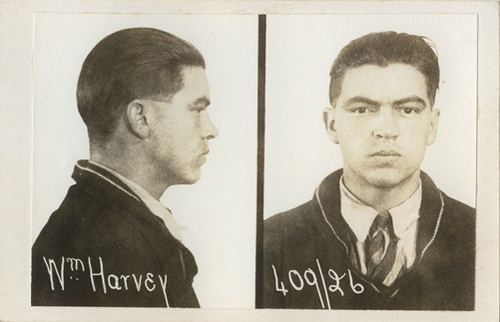Does a person have a reasonable expectation of privacy in a police mugshot?

The issue facing the court in the case of The Queen v. Strickland, 2017 BCPC 1
In this case, the accused was charged with falsely impersonating a peace officer. The accused had been identified in a photo pack line up by a witness. The photo of the accused that had been included in the line-up had been obtained by the police after they had arrested the accused in the past for an unrelated offence. That charge did not result in a conviction. At trial, the accused argued that the retention of the photo violated his rights under section 8 of the Charter.
After conducting a detailed examination of the case law, the Provincial Court Judge ruled that the accused had a privacy interest in his photo and that the retention of the photo and subsequent use of it by police in their photo line ups violated section 8. The following is taken directly from the case:
[75] In contrast with the facts in Dore, the states’ retention and use of Mr. Strickland’s mugshot is not passive. This is personal information that is shared with the public without consent, albeit for law enforcement purposes. It is information that can serve to stigmatize its subject in the sense that mugshots are evidence a person was at one time arrested. It is information that is used over decades in investigations some of which could have nothing to do with the subject of the photograph. The retention and use of this personal information is not innocuous: unlike DNA, its use may not necessarily serve to exonerate a person or eliminate them as a suspect.[76] Unlike the case in Dore, this personal information can be utilized by the state before the person has any chance of knowing they have regained their privacy interest. It is not reasonable in these circumstances, I find, to hold that it is reasonable for the state to retain and use this information up to the point Mr. Strickland asks that it be destroyed or, more specifically, removed from all databases.[77] For these reasons, I find that the retention and use of Mr. Strickland’s mugshot in this case violated his right against unreasonable search and seizure contrary to s. 8 of the Charter.
The judge went on to exclude the mugshot from evidence on the basis of the constitutional violation. This case raises interesting issues for the future. The police seem to depend on collected mugshots for use in their photo pack line ups and this case now suggests that keeping those photographs can amount to a breach of the Charter. How will the police continue to gather photos for photo pack line ups in the future? Also, does a person need to demand that the police destroy their mugshot before the police are prohibited from using them in future line ups? Does the same logic apply to fingerprints? These are all interesting issues that future cases may need to decide.
If you or someone you know has been criminally charged, you will need legal representation. Do not wait, call Julian van der Walle today.
Photo by Law Society of Upper Canada Archives
Related Stories
Why You Should Hire a Vernon Criminal Defense Attorney
As a whole, the Canadian justice system is very fair. The accused enjoy the right to be present and be heard in court, the right to remain silent, and the right to representation by legal counsel. That last right is one of the most important rights of all. This is...
Does drug addiction cause more crime?
Many in Canada often associate drugs with crime, and in many cases, the possession or use of drugs is itself a crime. More recently, a spotlight has been placed on drug-related incidents due to the opioid crisis afflicting the nation. Sociologists have spent decades...
Bad IRP Decision? What Can You Do About It?
Bad IRP Decision? What Can You Do About It? Drivers who are caught driving under the influence by the police may receive an Immediate Roadside Prohibition (IRP) on driving. An IRP is a temporary driving suspension that prevents the recipient from driving for a set...
REQUEST A FREE CONSULTATION
Call 1.866.706.8857
Or fill out the form below to receive a free and confidential initial consultation.
